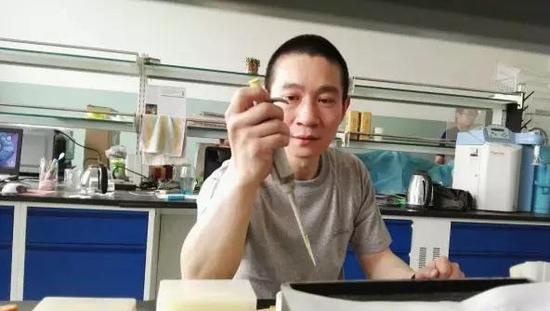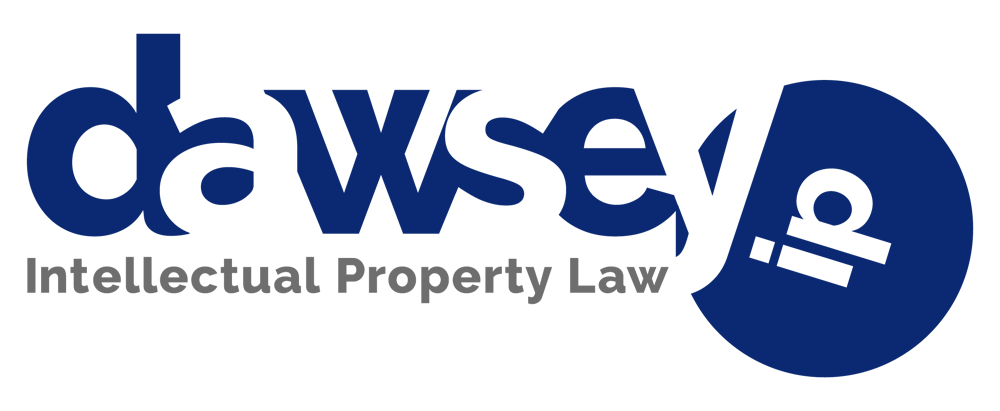
Can Academic “Experimental Use” Survive?
© 2003, Dawsey Co., LPA
July 2003
To most applicants and practitioners, “experimental use” is the use of a device or technology prior to patenting to determine workability. In some cases, carefully supervised experimental use qualifies an application for an exception from the statutory bar of filing more than one year after public use or knowledge of an invention, on the grounds that an invention may not be fully reduced to practice before experimentation is completed. (See this Newsletter, “Experimental Testing or Public Use?”, available at www.invention-protection.com for more)
However, a different doctrine of academic experimental use has been dealt a blow that has severe implications for university and other researchers. In Madey v. Duke University, the Court of Appeals for the Federal Circuit rejected a contention by Duke University that as a non-profit educational establishment, it was incapable of patent infringement for activities that were solely educational, academic, or experimental purposes.
Citing back to a 1976 case, the Court stated that this experimental use exception is “very narrow and limited to actions performed ‘for amusement, to satisfy idle curiosity, or for strict philosophical inquiry.'” The fact that Duke may not have used patented technology in a directly commercial pursuit was not determinative, as the court applied a test of “slightest commercial implication.” What makes this test most damaging is the court’s definition that “commercial implication” can extend to such traditional academic pursuits as education, securing research funding, and recruiting students and faculty. Given the breadth of this “commercial implication,” many wonder if academic experimentation using patented technology can continue. Also, from a procedural standpoint, the court placed the burden of proof on allegedly infringing universities to prove any experimental exemption, and not on the inventors to prove that the activities were non-experimental.
There will be further developments in this area. Duke, along with other universities, has petitioned the United States Supreme Court for review during the term beginning in October 2003. A general statutory research exemption overturning this decision may be pressed in Congress. An interesting issue is the extent to which research may be diverted from the U.S. to countries that have a more favorable view of research exemptions. (see related article this issue on “Biotech Rights”) Research exemptions appear on the patent laws of other countries, most particularly Japan and Germany. In some cases, these exemptions are quite broad, as, for example, the German statute even allows for some research conducted for commercial purposes. Similarly, the Japanese Patent Law, at Section 69(1) states “the effects of the patent right shall not extend to the working of the patent right for the purposes of experiment or research.”
